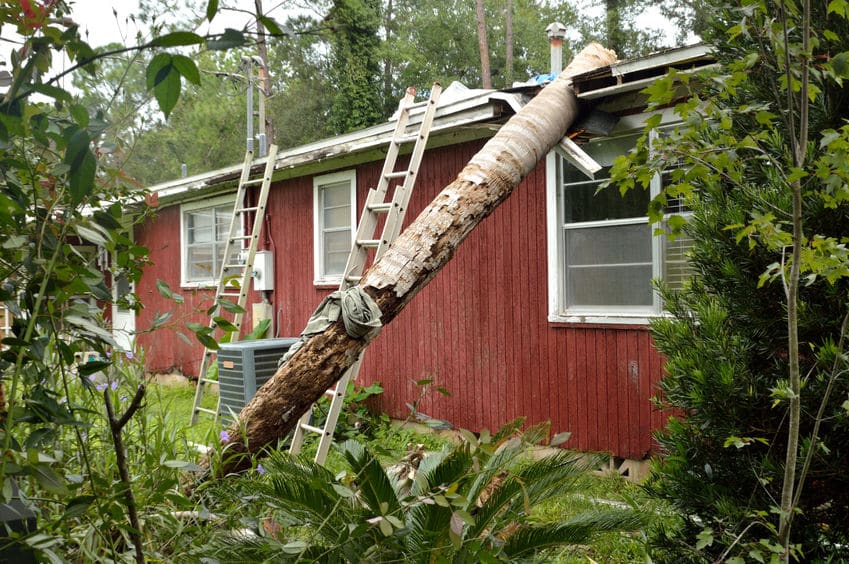
Does Homeowners Insurance Cover Moving?
When you’re moving, you likely have a lot of belongings that are going with you to your new home. It’s important to purchase homeowners insurance to protect not just the home you live in, but all your personal belongings too. When it’s time to move from one place to another, though, do you know whether or not your homeowner’s insurance will cover the move? Understanding what is covered and what isn’t helps you better prepare for potential accidents when getting your belongings from one home to the next. Kindly read on to understand whether homeowners insurance covers moving.
Understand Your Coverage for a Move
Homeowners’ and renters’ policies usually provide coverage for your belongings while your personal property is at your residence, in transit, as well as in storage facilities. However, the insurance coverage might not pay for any damage done to your personal property while being handled by your hired movers. This means that damage caused by movers while packaging or physically moving the items might not be covered.
Depending on the policy terms, professional movers may provide some protection for your belongings. You may want to consult your insurance company to elaborate on your current policy and make sure your coverage is sufficient for your move and understand your options. Your homeowner policy might or not cover your possessions during a move or when they are on the moving track. That is why it is important to ask your insurance provider to find out exactly what your policy covers in the process.
How is Personal Property Covered by Homeowners Insurance when Moving?
Under a standard homeowner’s policy, most personal property in transit is covered on a named-peril basis only. That’s insurance jargon for a stated type of loss that is defined or named in your homeowner’s policy. If the driver loses control of your moving truck and it overturns, causing real damage to much of your stuff on that truck, you will be covered for the damages.
This is because your home insurance policy defines an overturned truck as a named peril. This kind of coverage can mean a lot when everything you own is being transported across the country.
Ask Your Agent What is Covered During Your Move
There is no substitute for making an informed decision, particularly when it comes to making sure that your belongings are taken care of. If you’re not sure about what your coverage levels entail, some of the questions to ask your agent include the following:
• Under what circumstances are loss or damage to my belongings covered?
• What kind of damage is covered, and what isn’t?
• What kind of deductible do I pay if all my personal belongings are lost or destroyed?
• Would it be wise for me to buy moving insurance?
What Are Your Limits?
It’s important to know that, whether it’s during a move or not, any property covered by homeowners insurance will only be protected up to the limits on your policy. Your policy may also include a lower limit for your personal property while it’s away from your home. Talk to your agent to find out how your own policy may help protect your belongings during the move.
Also, there are different standard limits depending on the category of property. For instance, your policy may state maximum coverage amounts for valuables such as jewelry or baseball cards. You might also have an option to purchase additional protection, known as scheduled personal property coverage, for specific high-value items.
What Does Movers’ Business Insurance Cover?
Under federal law, interstate movers are required to offer one of three different liability coverage to their customers. It is not traditional insurance, their commercial insurance usually covers consumers for damage or breakage of personal items while in the care of the movers. The three liability options include the following:
- Released value protection – Gives minimal protection against loss or damage based on the weight of items. This coverage doesn’t exceed 60 cents per pound per article. It’s usually offered at no additional charge to customers but doesn’t account for the real value of your items.
- Full value protection- Pays for the replacement cost (or the current market value) of your belongings if they are lost, destroyed, or otherwise damaged while in the mover’s care. This coverage is more expensive than released value protection.
- Separate liability coverage – Compliments released value protection by providing coverage for the loss above the released value. This means that the mover is still responsible for the 60 cents per pound, but homeowners are adding policy coverage for the remaining difference in value. Movers will provide homeowners with a written record of the policy at the time it’s purchased.
Types of Moving Insurance if You Move Yourself
If you decide to move the belongings yourself, your homeowner’s insurance policy may cover your possessions if you’re transporting them in your vehicle or a rental car or truck. Here are some of the coverage options to consider if you’re moving and need to fill a coverage gap.
- Relocation or trip transit insurance – Like a separate liability policy, a moving insurance policy can fill in the coverage gap when you move. If you choose to use your vehicle for the move, you might be responsible for any damage or losses that exceed your policy limits guidelines. Thus, a moving insurance policy can ensure your possessions are fully protected. You should note that moving insurance coverage and exclusions usually vary by insurer.
- Rental truck moving coverage – if you rent a truck, the rental company may provide coverage for you, your passengers, the truck, and the cargo, depending on the package you select. Some of the coverage types found in these policies include:
• Damage waiver for accident damage to the truck
• Cargo protection
• Medical and life insurance for you and passengers in the truck
• Supplemental liability coverage for accidents you cause
• Insurance for towing devices on the truck
Depending on the value of your belongings and how far you are moving, a moving insurance policy might be worth considering. At Harris Insurance, we provide you with specialized insurance that is designed to help you move your belongings confidently. We have a legacy that dates back to the 1970s, providing comprehensive coverage to businesses and individuals all over the state of Nevada. Kindly contact us today to learn more and get started.




